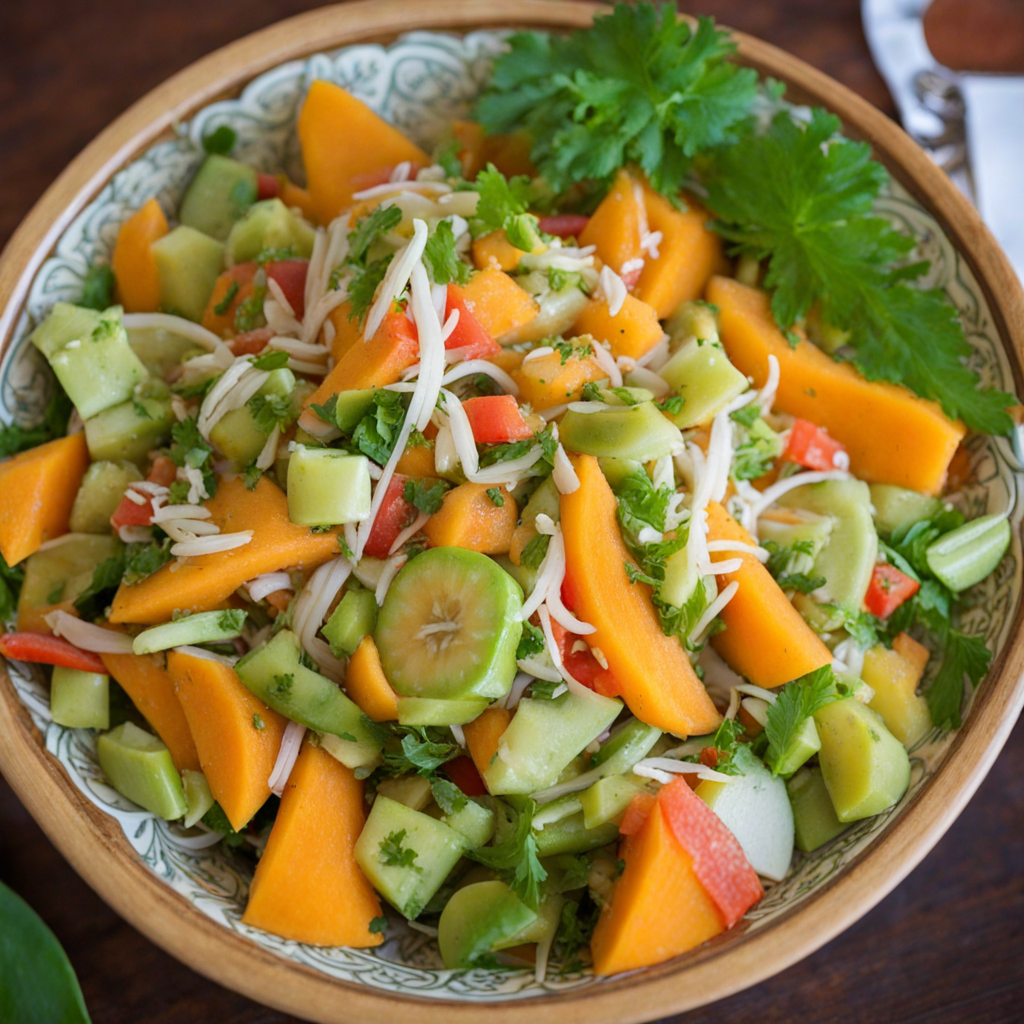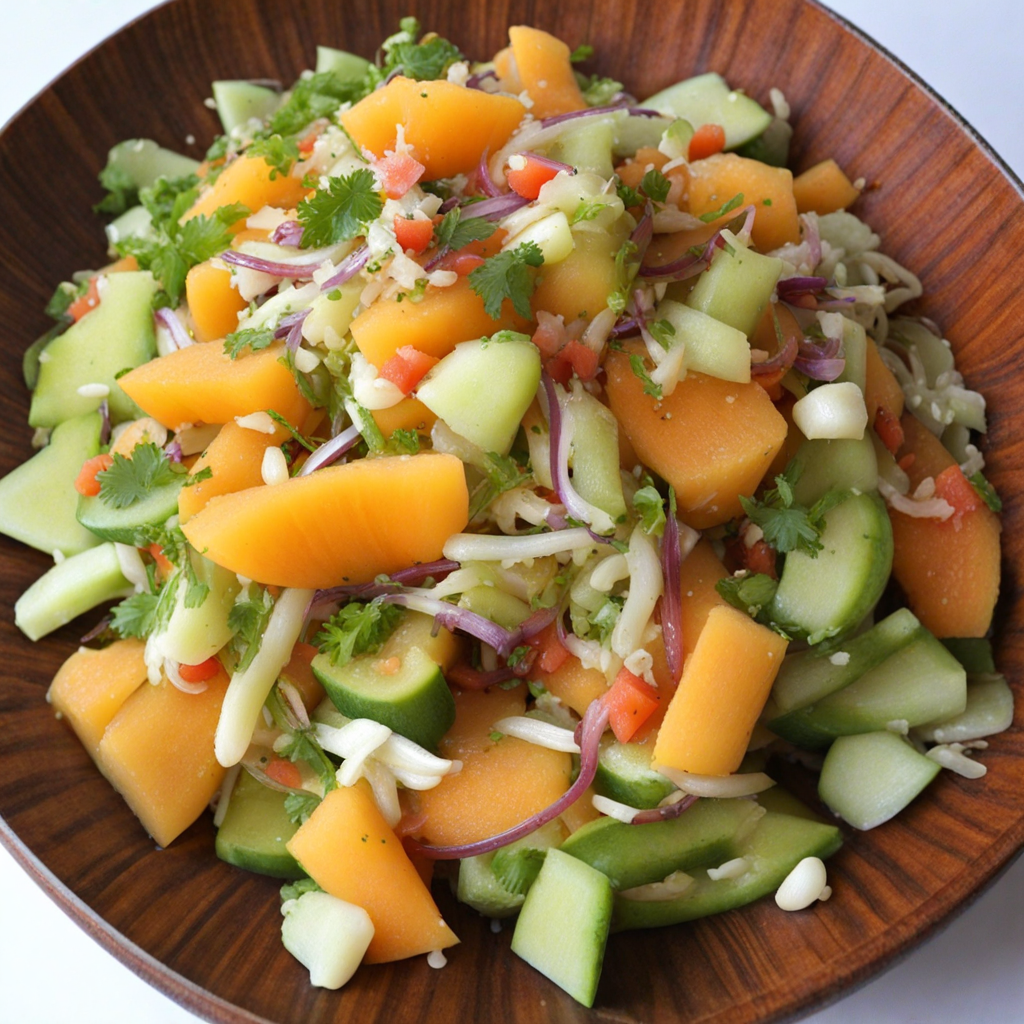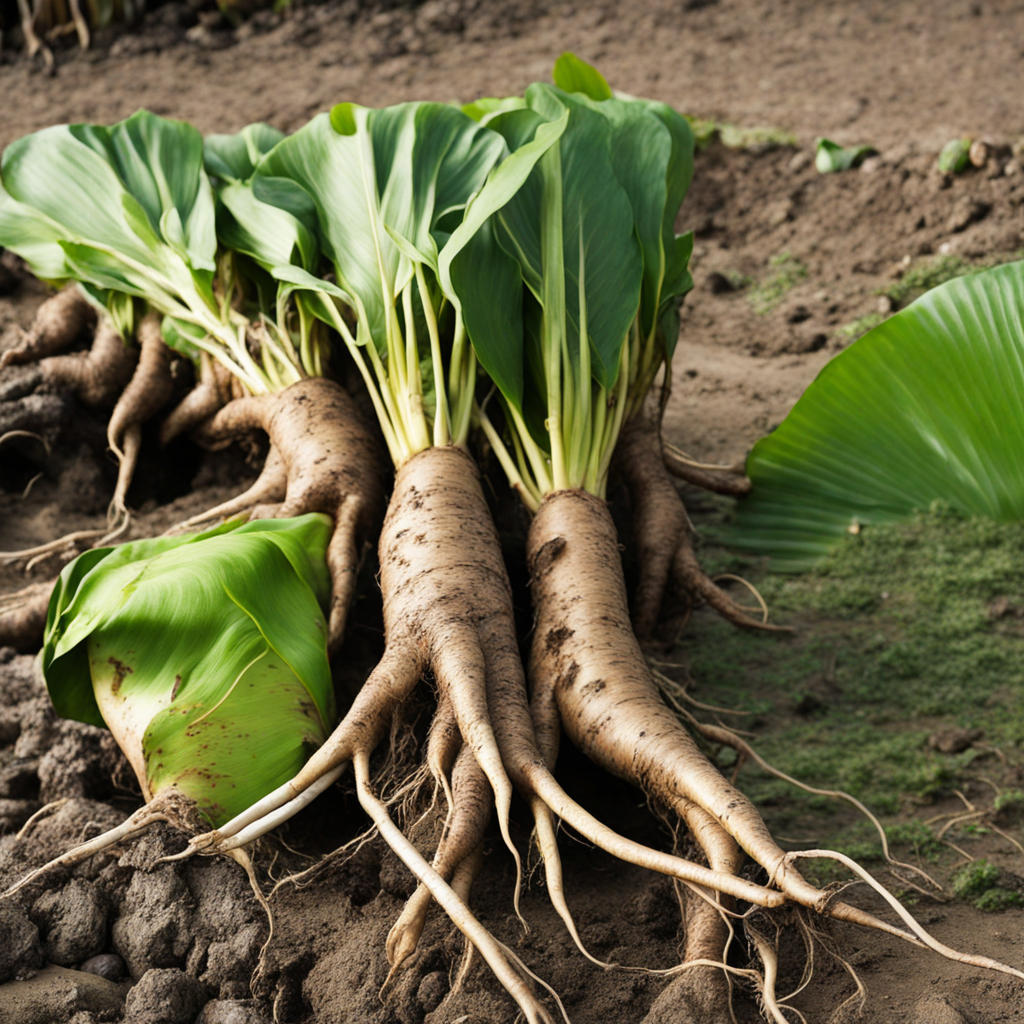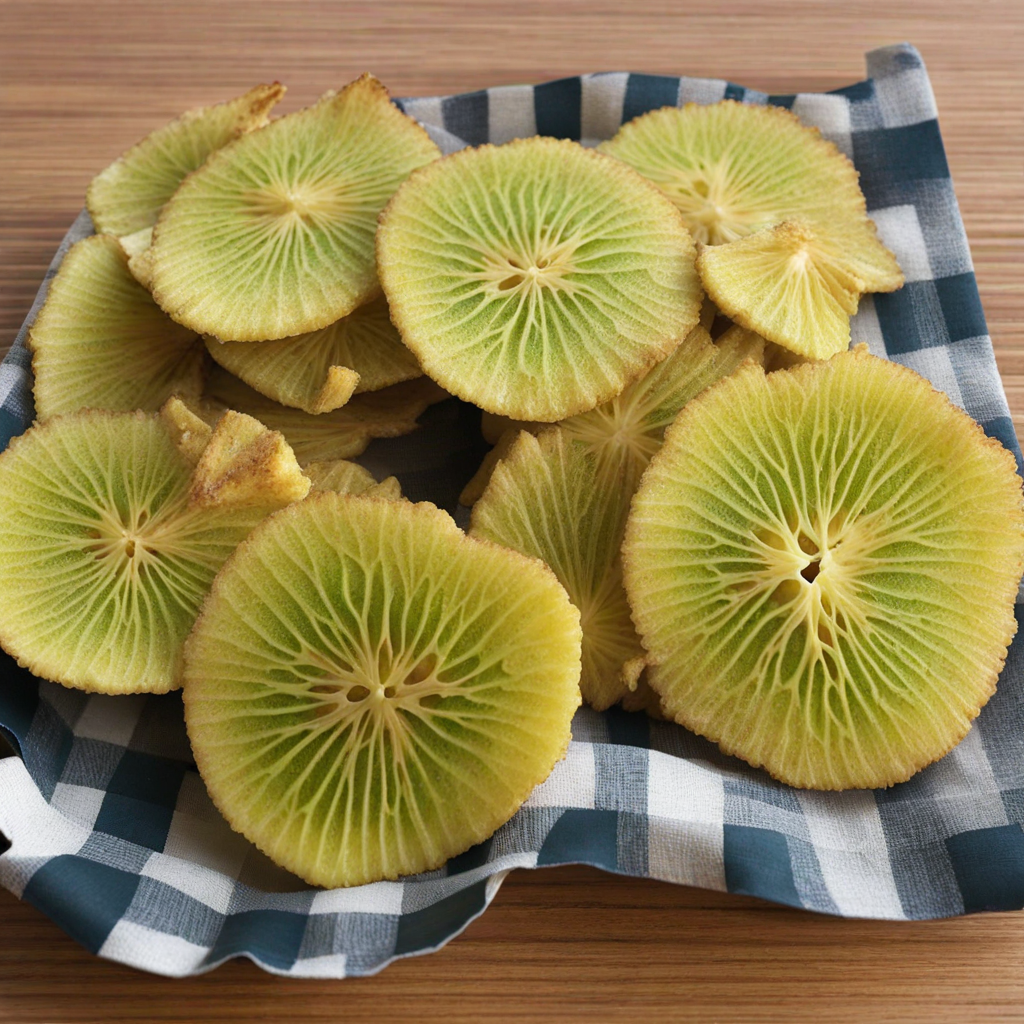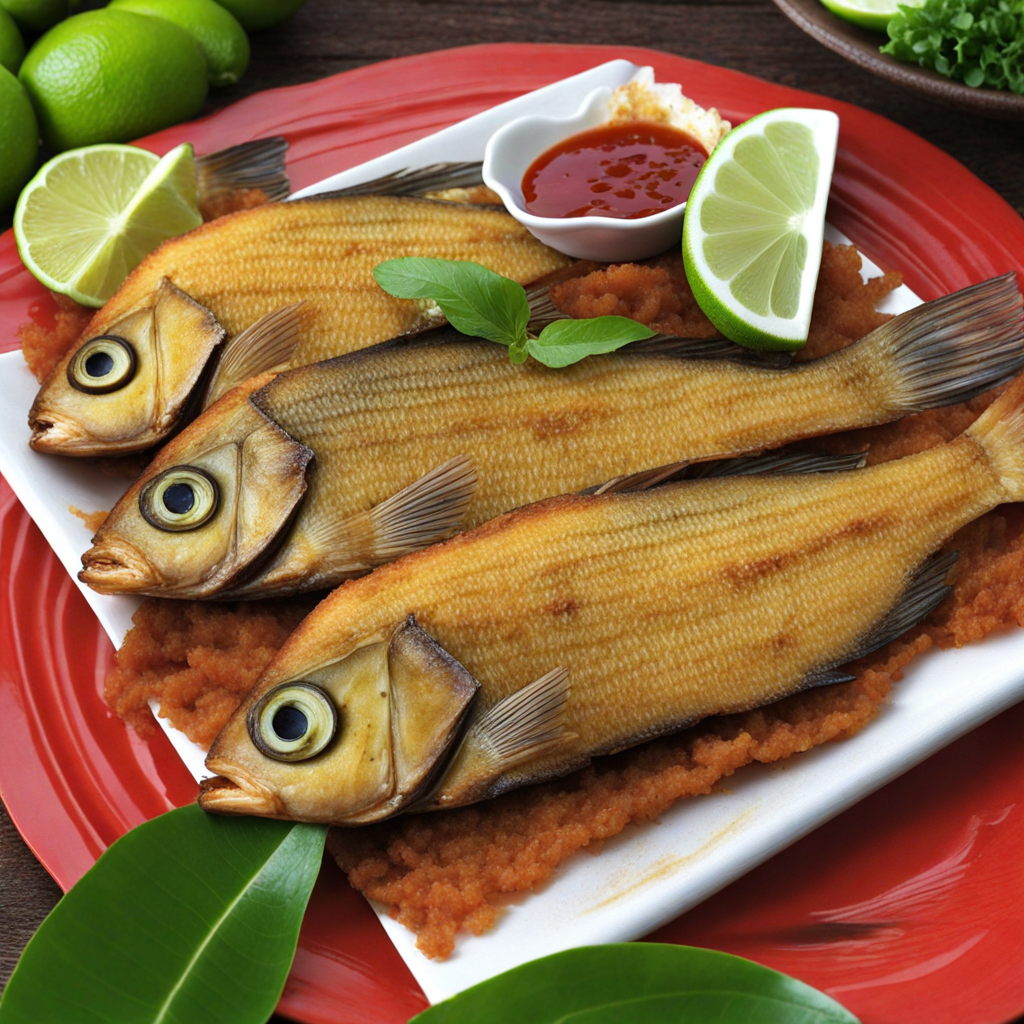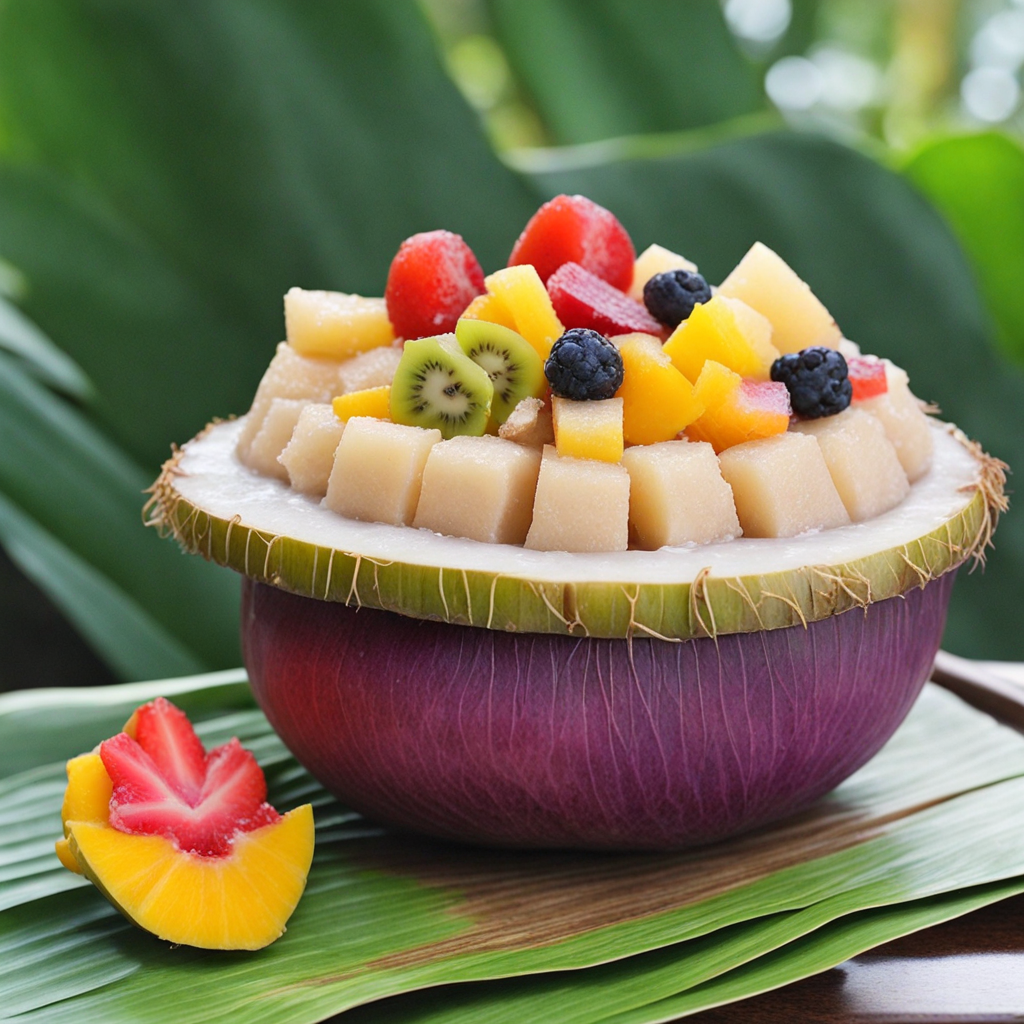Pawpaw Salad
Pawpaw Salad is a delightful dish that showcases the vibrant flavors and fresh ingredients typical of Tuvaluan cuisine. At its core, the salad features ripe pawpaw (or papaya), which offers a sweet, tropical flavor that serves as the perfect base. The pawpaw is usually diced into bite-sized pieces, allowing its juicy texture to shine through. This salad often incorporates a medley of colorful vegetables such as bell peppers, cucumbers, and onions, providing a satisfying crunch that contrasts beautifully with the softness of the fruit. To enhance the flavor profile, Pawpaw Salad is typically dressed with a zesty lime or lemon vinaigrette, which adds a refreshing tang that elevates the sweetness of the pawpaw. Traditional seasonings like salt and fresh herbs, such as cilantro or mint, are often included to impart an aromatic quality to the dish. The combination of sweet, tangy, and savory elements creates a harmonious balance that is both uplifting and satisfying, making it a perfect accompaniment to any meal or a light, standalone snack. This salad not only represents the natural bounty of Tuvalu but also embodies the island's culinary simplicity and freshness. The colors of the salad reflect the vibrant landscapes of the islands, inviting you to experience the essence of Tuvaluan culture on your plate. Enjoying Pawpaw Salad is a celebration of tropical flavors and a delightful way to explore the unique tastes of the Pacific Islands.
How It Became This Dish
The History of Salati Papai: A Culinary Gem of Tuvalu Salati Papai, a delightful dish from Tuvalu, encapsulates the essence of Polynesian culinary traditions and the cultural heritage of the island nation. As an integral part of Tuvaluan cuisine, Salati Papai reflects the influences of geography, history, and the local community’s relationship with nature. #### Origins: The Roots of Salati Papai Tuvalu, a small island nation located in the Pacific Ocean, consists of nine islands and atolls, where its people have lived sustainably for centuries. The origins of Salati Papai can be traced back to the traditional food practices of the Tuvaluan people, who relied heavily on local ingredients for their sustenance. The name "Salati Papai" translates to "salad of papaya" in Tuvaluan, highlighting the central ingredient of this dish. Papaya, or "pawpaw" as it is commonly known in many parts of the world, is a tropical fruit native to the Americas but has been cultivated in Tuvalu for generations. The fruit thrives in the warm climate, and its cultivation has become a significant part of the island's agriculture. Aside from papaya, Salati Papai typically includes a mix of fresh vegetables such as tomatoes, cucumbers, and onions, often seasoned with coconut cream and lime juice, creating a refreshing side dish. #### Cultural Significance: A Symbol of Community and Sharing In Tuvaluan culture, food is much more than mere sustenance; it is a vital part of social life and community bonding. Salati Papai is often served during communal gatherings, family celebrations, and festive occasions. Its preparation and sharing embody the values of hospitality and generosity prevalent in Tuvaluan society. The dish also highlights the Tuvaluans’ connection to the land and sea. Many families grow their fruits and vegetables, fostering a deep respect for nature and the resources it provides. The act of gathering fresh produce, preparing the dish, and sharing it with loved ones reinforces cultural ties and the importance of community. Salati Papai is often enjoyed alongside traditional Tuvaluan dishes, such as palusami (taro leaves cooked with coconut cream) and fish cooked in various styles, reflecting the nation’s dependence on the bountiful ocean. The dish serves as a vibrant reminder of the island's agricultural practices and the significance of local produce in everyday life. #### Development Over Time: From Tradition to Modernity As Tuvalu has navigated the tides of globalization and modernization, so too has the culinary landscape of the islands. While Salati Papai retains its traditional roots, the dish has evolved over time, adapting to new influences while remaining a staple in Tuvaluan households. In the early years, Salati Papai was primarily prepared using ingredients sourced from local gardens and the surrounding ocean. However, with the increasing accessibility of imported products, variations of the dish have emerged. For example, some modern interpretations may include ingredients such as bell peppers, avocados, or even seafood, providing a fusion of flavors that cater to contemporary tastes. Despite these changes, the essence of Salati Papai as a refreshing, healthful dish remains intact. It continues to be a popular choice among Tuvaluans, particularly in the hot, tropical climate where light and nutritious meals are favored. The dish’s adaptability ensures it appeals to both traditionalists and those seeking modern culinary experiences. The international recognition of Tuvaluan cuisine has also contributed to the appreciation of Salati Papai beyond its borders. As Tuvalu’s culture gains exposure through tourism and culinary exchanges, the dish has found its way onto plates in various parts of the world. Chefs and food enthusiasts are increasingly drawn to the unique flavors and simplicity of Salati Papai, incorporating it into menus that celebrate Pacific Island cuisine. #### Facing Challenges: The Impact of Climate Change In recent years, the effects of climate change have posed significant challenges to Tuvalu and its agricultural practices, including those that support the production of ingredients for Salati Papai. Rising sea levels, increased salinity of soil, and changing weather patterns threaten the delicate ecosystems that sustain local farming. As a result, the availability of fresh produce, including papaya, may become inconsistent, impacting the traditional preparation of the dish. In response, the Tuvaluan community has demonstrated resilience by adapting their agricultural practices. Initiatives to promote sustainable farming and the cultivation of climate-resilient crops are being implemented. Furthermore, local chefs and cooks are exploring creative ways to utilize alternative ingredients while retaining the spirit of Salati Papai, ensuring that the dish remains a vibrant part of Tuvalu’s culinary heritage. #### Conclusion: A Living Tradition Today, Salati Papai stands as a testament to the rich cultural tapestry of Tuvalu. It is a dish that celebrates the beauty of local ingredients, the spirit of community, and the enduring connection between people and the land. As the world continues to change, Salati Papai embodies the resilience and adaptability of Tuvaluan cuisine—a reminder that food is not only a source of nourishment but also a vital expression of identity and heritage. The journey of Salati Papai from its humble beginnings to its place in both traditional and modern culinary contexts illustrates the dynamic nature of food history. While it is essential to honor the roots of this signature dish, it is equally crucial to embrace the innovations that keep it alive for future generations. In every bite of Salati Papai, one can taste the rich history of Tuvalu—a celebration of resilience, community, and the simple joys of life.
You may like
Discover local flavors from Tuvalu


